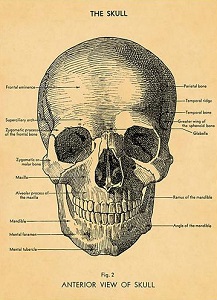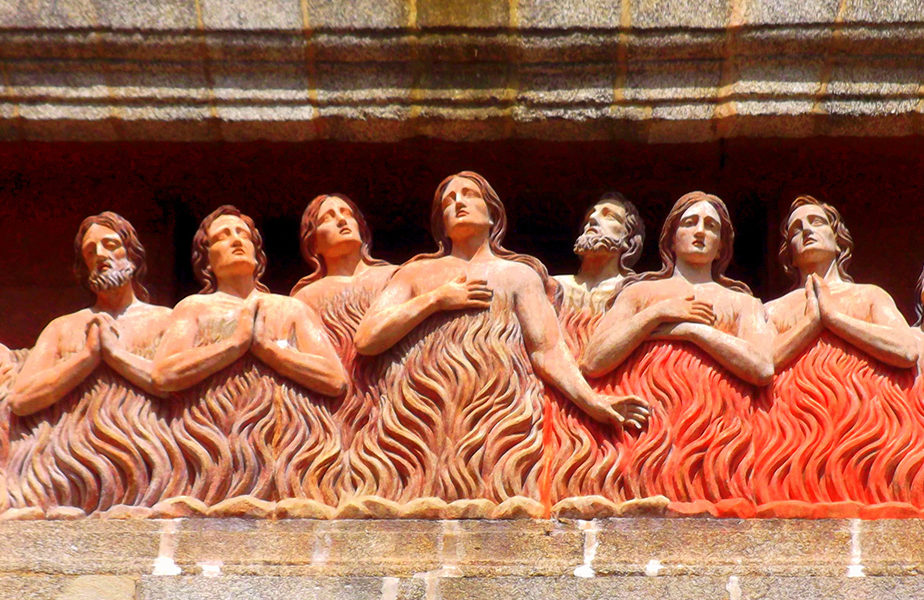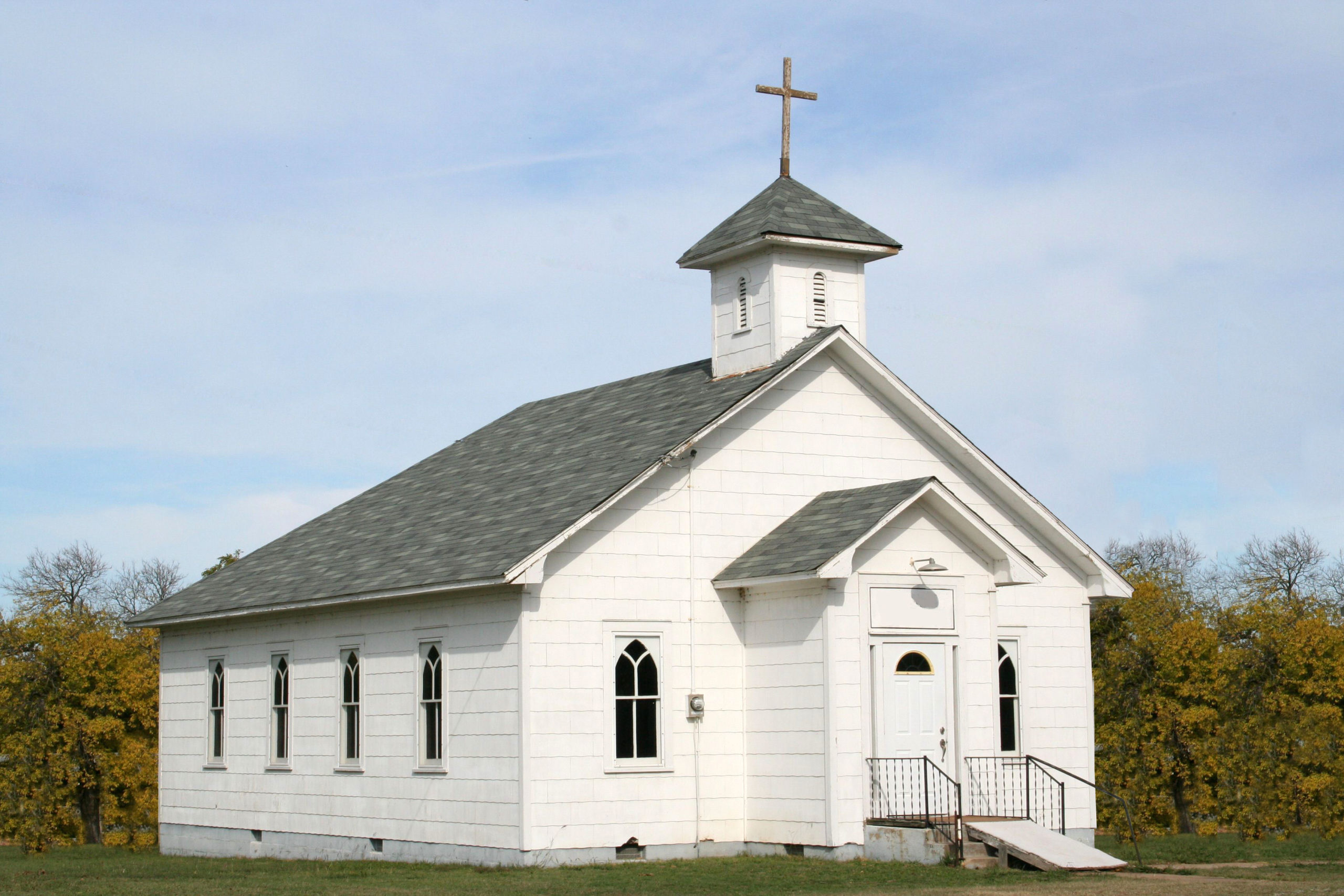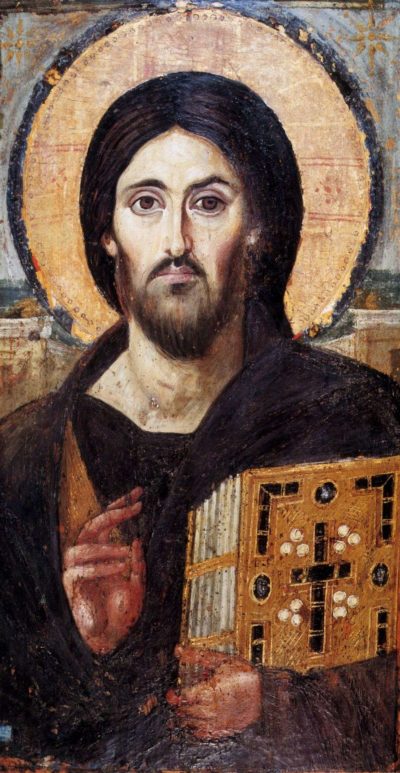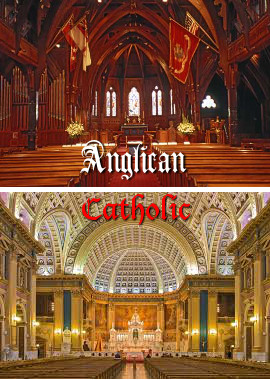A little while ago I preached a sermon about the story of the prodigal son. I said that like the father in Jesus’ story, God forgives and welcomes people into his family. I said that we, the church, must welcome people into the church regardless of their past, because we are all saved by God’s grace. We have no right to take an elitist attitude because we’ve been “good Christians” our whole lives and other people might have more colourful pasts.
Because I shared this message of love and welcome, an LGBT activist* tried to have me cancelled by making the blatantly false accusation that I was using “transphobic rhetoric.” You can hear the sermon for yourself to see that there isn’t a shred of truth to this claim. Although people are responsible for their own dishonest behaviour, I also think the Anglican Church bears some of the responsibility for incidents like this. People try to manipulate the church because they know they can, since the progressive church is a soft target, fearing the opinion of the world rather than God.
* I take it that a person who makes attacks like this and tries to have people cancelled is an activist.

